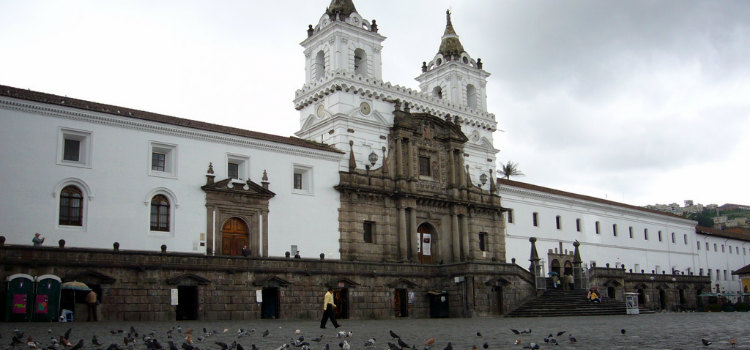A ruling party lawmaker in Ecuador introduced legislation to decriminalize the personal use of all drugs. If passed, Ecuador would become the second country in the world, and the first in the Western hemisphere, to take such a step.
The legislation, proposed by Carlos Velasco, the head of Ecuador’s congressional Commission of the Right to Health, would regulate more than 100 substances. A state agency would oversee the importation, exportation, production and cultivation of the drugs, and those wishing to obtain them would be required to register with the agency.
Portugal became the first country in the world to decriminalize the possession of small amounts of drugs in 2001. There, individuals caught with small amounts of a drug are sentenced rehabilitative therapy and/or community service rather than jail time.
Ecuador’s move might also signal a change in the way Latin American countries address the U.S.’s militaristic approach to drug problems there.
“Addressing the drug phenomenon in a repressive way, as it did in the 80s and 90s, where prison was the only place for a drug consumer, is absurd,” said Velasco. “The traditional way of regulating and fighting drugs, emphasizing criminalization … can’t be sustained in Ecuador.”
Under current law, small-time offenders are indistinguishable from drug lords, and Ecuador’s prison population is by some estimates at twice its capacity. In response, President Rafael Correa began freeing hundreds of drug ‘mules’ from Ecuadorian prisons last year. Correa, whose father spent three years in a U.S. prison for drug smuggling when Correa was a child, argues that small-scale transporters are victims, not perpetrators, of the drug trade.
Source:
Photo Credit: Theodore Scott
